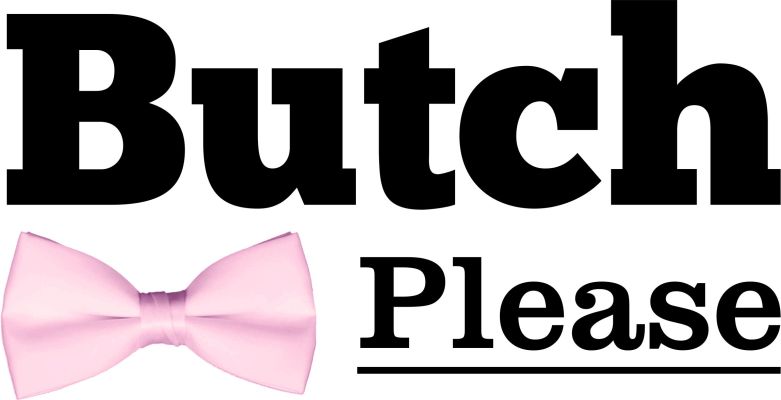(Feature Photo from CBS.com)
Big Brother (the U.S. version) is nearing the end of its eighteenth season. As someone who has been watching since the very beginning, I can tell you it’s not a terribly prestigious show to be a fan of. Most people my age are surprised to discover that it’s still on the air, since they can’t name a single person they know who actually watches it. But every July, without fail, it returns to the CBS lineup. Year after year, Big Brother is kept alive by a mostly silent but intensely loyal fan base. (It’s sort of like the Nickelback of television in that regard.)
Why do I watch? Because it’s fascinating. It’s a three-month long social experiment that I get to observe while sitting on my comfy couch and eating popcorn. It’s a microcosm of the western world; a (not quite random) sampling of America. It’s a popularity contest with a $500,000 prize, and sometimes, when they get the mix of people just right, the underdog wins.
So who’s the underdog? Well, just like in life, Big Brother‘s underdogs are any contestants who are not straight white males. We can blame the casting process for this, to a point. People of colour are vastly underrepresented on the show, and it’s a rare season that includes more than one sexual minority. Alliances usually form between like-minded individuals. Straight white dudes are typically in the majority, and they frequently decide to work together.
On paper, women get a fair shake at the outset. The cast is always split 50/50 by gender. On Day 1, there are just as many women are there are men, so why are the ladies only pulling out 29% of the wins?

